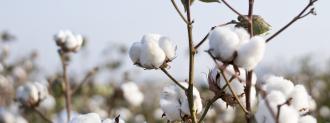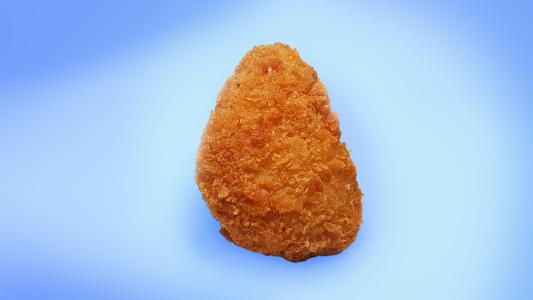The fashion industry is notoriously wasteful, but there is a growing trend to incorporate more sustainable practices. Second-hand clothing is becoming mainstream, with major retailers like Walmart opening resale stores. And places like Rent the Runway are embracing the circular fashion.
An Australian cotton industry trade group aims to return used cotton to the soil to help new cotton grow — closing the loop.
The experiment: Last week, farmer Sam Coulton spread two tons of cotton cloth mixed with compost on a farm in Goondiwindi, Queensland. The farmers are prepping the field for the next cotton harvest, which they will plant in October 2021. The goal is to explore if outdated cotton may improve soil health and provide a scalable solution to textile waste.
“We grow it here and we should be able to bury it here with positive environmental and economic impact on the local community,” Coulton told Farm Online.
We grow it here and we should be able to bury it here with positive environmental and economic impact on the local community.
Sam Coulton
Unlike synthetic fibers like fleece or spandex, cotton cloth is generally harmless and should decompose into the soil. The team collected old sheets and uniforms from WornUp, a company that shreds and recycles textiles.
“We need to get smarter about how we reduce and manage waste,” Oliver Knox, a soil scientist at the University of New England, told The Guardian. “The big benefit here is diverting what currently goes to waste. There’s a risk that (the cotton items) go to landfill and produce methane, which is a damaging greenhouse gas.”
The industry is supporting Knox in supervising the trial.
According to WornUp, the materials breaking down in soil rather than landfill would avert 2,250kg of CO2 equivalents being released into the atmosphere.
Microbes love cotton: The first phase of the project began in 2020. It involved lab-based testing of cotton cloth. The Cotton Research and Development Corporation buried cotton scraps into soil to test its decomposition rate and see how it would impact the microbes living in the ground. The buried material was comparable to removing 2,500 to 20,000 t-shirts from landfills, according to a statement.
Cellulose in cotton cloth can become food for bacteria and fungi. After six months of incubation, the researchers found that nearly all the cotton broke down, and it increased the number of microbes in the soil. But the best news may have been that cotton seedlings sprouted just as effectively in soil that had been amended with cotton fabric as they did in soil that had not.
The study will be finished before starting the cotton harvest in early 2022, with preliminary findings expected soon after.
We’d love to hear from you! If you have a comment about this article or if you have a tip for a future Freethink story, please email us at [email protected].






